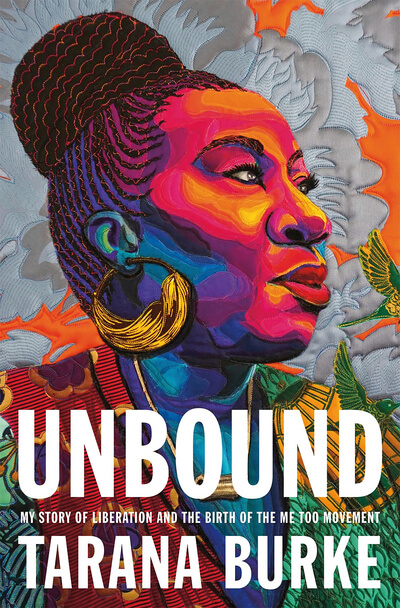After his junior year at Harvard College in the 1930s, Arthur M. Schlesinger, Jr. had a summer job in the Charlestown Prison where his assignment was to prepare case histories for prisoners about to appear before the parole board. We wrote our case histories out of court records, social workers' reports and prison interviews and assessments, he recalls. It was good training for an embryonic historian. We were understaffed and had to work hard to keep up with the flow. At the time, he noted, I rather like this sense of several balls in the air at once. Those words could well apply to the whole of Schlesinger's extraordinary life and career. He has been a major American historian, a public intellectual, a political activist, a special assistant to President Kennedy and, at all times, an elegant and insightful writer. Among many honors, he has received two Pulitzer Prizes, for The Age of Jackson in 1946 and for A Thousand Days in 1966.
Schlesinger had not planned to write a memoir, but, he says, I have lived through interesting times and had the luck of knowing some interesting people. He is aware of the potential hazards of such a project, and says, In the end, no one can really know oneself or anyone else either. Fortunately for all of us, he overcame his doubts and the result, A Life in the 20th Century: Innocent Beginnings, 1917-1950, is a rich, evocative and perceptive look at a man and his times. Schlesinger comments that as a historian I am tempted to widen the focus and interweave the life with the times in some reasonable, melodious and candid balance. He succeeds admirably.
From a happy early childhood in the Midwest, his family moved to Cambridge, Massachusetts, when Arthur was seven years old. Not surprisingly, Of all childhood pastimes, reading was my passion. Schlesinger takes time to discuss his reading in some detail, to recall the profound excitement, the abiding fulfillment, books provided. At Harvard, he took classes with such respected scholars as Perry Miller, best known for his work on the Puritans, and D.O. Matthiessen, whose American Renaissance study of 19th century American authors was highly regarded. A third strong influence was Bernard DeVoto, whose composition class vastly improved Schlesinger's writing style.
Although Schlesinger's interest in reading did not decline, he did develop a singular intensity for the movies of the '30s. He says that Film . . . is not only the distinctive art of the twentieth century, it is the American art the only art to which the United States has made a major difference. Although the '30s did not produce the best films, it was a decade in which film had a vital connection with the American psyche more, I think, than it ever had before; more certainly than it has had since. Scheslinger writes of the political battles of the '30s that shaped his political outlook and how he remains to this day a New Dealer, unreconstructed and unrepentant. He points out that it was FDR's ironical achievement to rescue capitalism from the capitalists. The author devotes considerable attention to the three books he wrote during the years covered in this memoir. In the Pulitzer Prize-winning The Age of Jackson, he attempted to tell the intellectual history of a political movement. In responding to criticism that the work was an attempt to legitimize the New Deal by finding precursors in the American past, Schlesinger says, I did not, I believed (and believe), impose an artificial schema on history. My belief was (and is) that I merely discerned patterns others had overlooked. This superb memoir provides a unique window from which to view some of the important issues and influential personalities of the first half of the last century.
Roger Bishop is a regular contributor to BookPage.


























